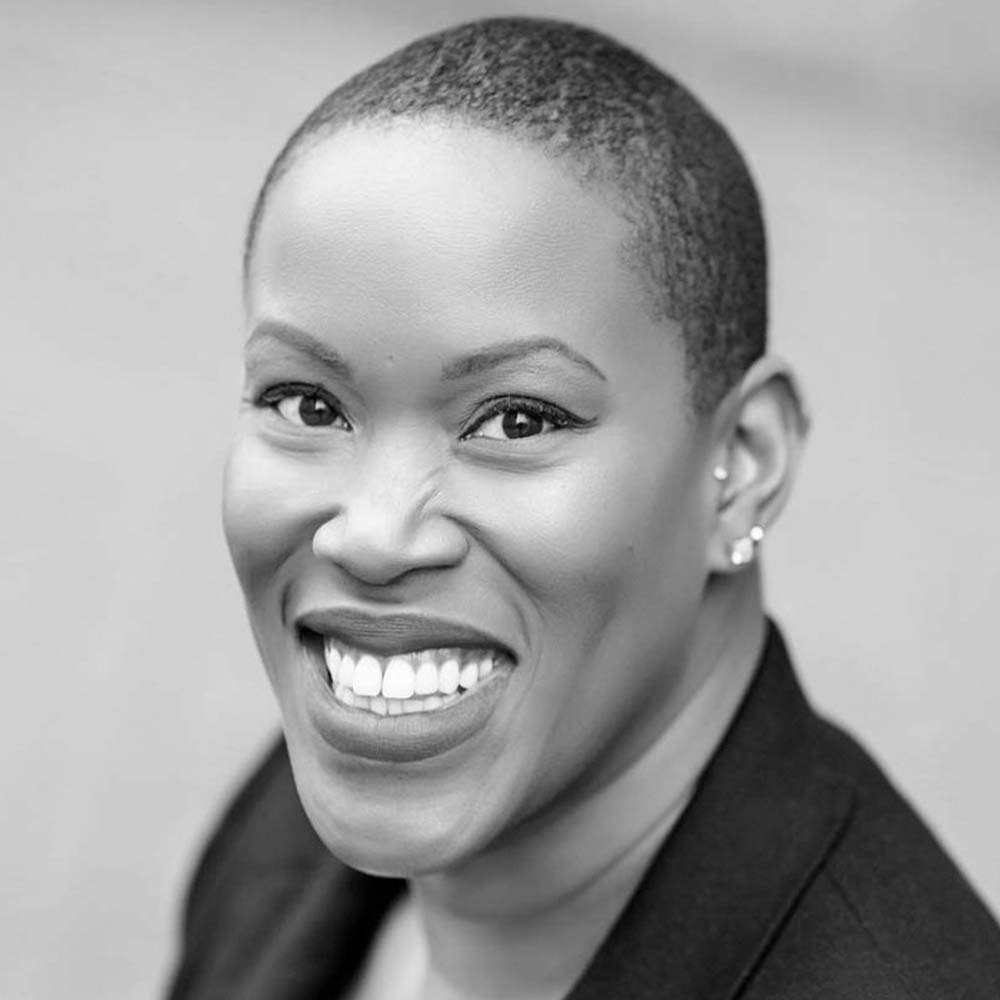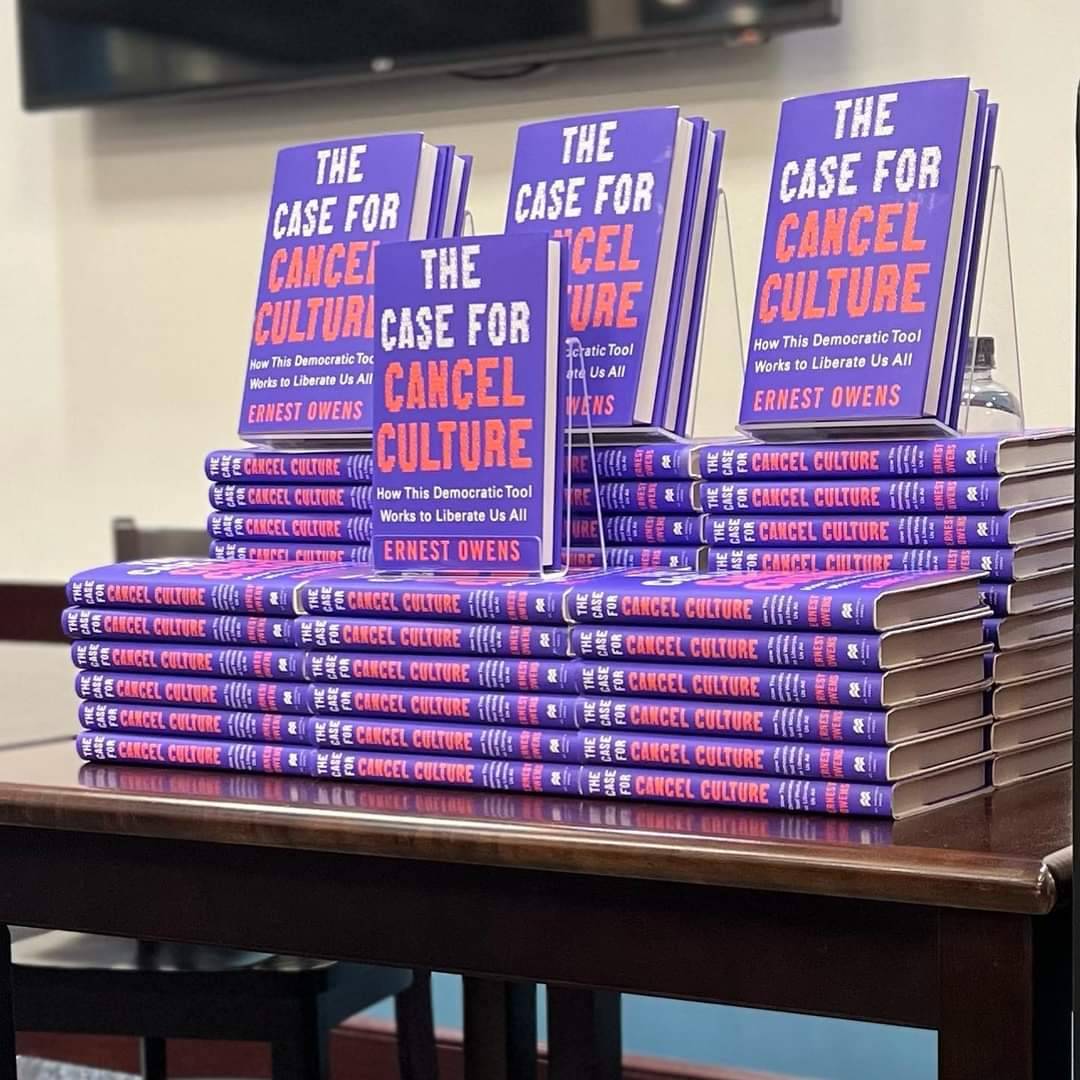On Monday night, the Center for Communication, Media Innovation, and Social Change (CCMISC) held its launch event. The center’s mission is to “disrupt historically dominant power structures in media and communications” with a four-pronged approach focused on “experimentation, creation, intervention and preservation.” Dr. Meredith Clark is the center’s founding director.

At Monday’s event, several professors and graduate students spoke about their research, highlighting how media can shape our ideas of the world around us.
Dr. Clark, an associate professor of journalism and communication studies, spoke about her work archiving Black Twitter and a forthcoming book on its influence, “We Tried To Tell Y’all: Black Twitter And The Rise Of Digital Counternarratives.” A series of lightning talks followed, featuring graduate student, alumni, and faculty projects that the Center is supporting.
The Philadelphia-based journalist Ernest Owens gave the keynote address, discussing his recently published book “The Case for Cancel Culture,” which argues that cancel culture can drive major change by holding powerful individuals and institutions accountable. Owens talked through the book’s prevailing points, looking at recent examples like #MeToo and #OscarsSoWhite and highlighting how “cancel culture” can mean different things, depending on who wields the term. When handled by progressives and liberals, “cancel culture” aims to create transformational change aimed at creating a more equitable society. In contrast, when conservatives yield the term, they use it to silence dissent and maintain the status quo.
Learn more about the Center for Communications, Media Innovation, and Social Change here.


